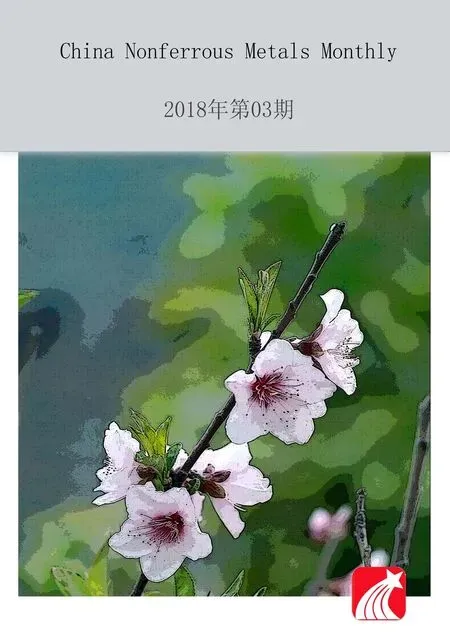"CHALCO-made" New Energy Bus Makes Debut
"CHALCO-made" New Energy Bus Makes Debut
On March 3, The first "CHALCO-made" bus with an all-aluminum body has been successfully assembled at CHALCO Southwest Aluminum ("SWA") Electromechanical Equipment Company, marking the completion of the "CHALCO-made" pilot Shudu bus project. The "CHALCO-made" new energy bus is 400 kg lighter with a residual body value of more than RMB 8,000.
As a key project of SWA, the Shudu bus project was jointly undertaken by SWA Precision Processing Company and SWA Electromechanical Equipment Company with technical support from the CHALCO Central Research Institute. The project lasted 150 days.Wang Jinghai, Vice President of the CHALCO Institute of Material Applications, said that the trial bus frame is mainly used for new energy buses in the city and that the bus is 7.8 meters long with an all-aluminum body and a welding and riveting structure that greatly reduce its weight. The bus can accommodate 69 passengers and has a mileage of 260 km (constant speed method, at a uniform speed of 40 km/h). Its electricity consumption per kilometer is 0.48 kWh. Calculated based on the charge of RMB 1.3-1.5 per kWh for electric vehicles, the bus's energy costs are RMB 0.62-0.72 per km. The design of an all-aluminum body frame makes the bus much lighter than ordinary buses and reduces its energy consumption. Compared with a same-class bus with a traditional steel structure, the bus is 400 kg lighter and its energy consumption per 100 km is reduced by 3.6-7.2 kWh. Moreover, a lighter weight leads to a smaller inertial force and a shorter braking distance, promotes acceleration performance, noise reduction, and vibration improvement and helps improve the bus's safety, driving, and comfort. In addition, the bus is highly resistant to corrosion thanks to its corrosion-resistant aluminum body and has a service life of up to 15 years. This kind of bus requires lower maintenance costs.
Apart from making the bus 400 kg lighter, the body has a high residual value when scrapped and can be recycled. Up to 95% of the aluminum alloy body can be recycled. Take this 8.5-meter-long bus for example, its body has a residual value of up to RMB 8,000 based on the current market price. The advantage of aluminum is that it is highly recoverable and can be recycled again and again. Secondary and primary aluminum have the same properties. Oxidative melt loss is only 2%-3%. Each recycling can save energy by about 95% and reduce carbon dioxide emissions, which is of great significance for building a low-carbon economy.
Lightweight vehicles are a major trend in China. SWA will actively promote the development of lightweight vehicle projects, expand the lightweight vehicle market and boost the R&D of light weight-related projects. At present, the bus factory can produce 5,000 buses per year and can start mass production at any time based on market conditions.
 China Nonferrous Metals Monthly2018年3期
China Nonferrous Metals Monthly2018年3期
- China Nonferrous Metals Monthly的其它文章
- Fixed Investment in Non-ferrous Metal Industry in 2017
- China’s Major Non-ferrous Metals Imports & Exports
- MIIT: To Supervise The Energy Conservation Work of Aluminum Enterprises
- A Number of Aluminum Enterprises Increase or Restore Production Thanks to Guangxi's Electricity Reform
- “Health Report” On The Development and Utilization of China’s Important Mineral Resources Came Out
- The Prices of Titanium Ore and Titanium Oxide will Go Up while Those of Titanium Sponge and Fabricated Titanium Will Stay Flat For The Time Being
